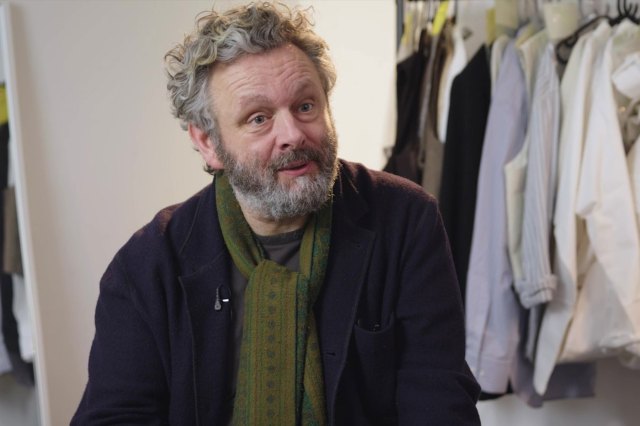Review: [BLANK] (Donmar Warehouse)
Maria Aberg chooses 22 excerpts from the 100 in Alice Birch’s production
![Shona Babayemi and Jemima Rooper in [BLANK] Shona Babayemi and Jemima Rooper in [BLANK]](https://cs-wos-prod-photos.azureedge.net/138553.jpg)
© Helen Maybanks
A woman breaks into her family home to nick money for drugs. A pair of kids haughtily construct a dividing line in their shared foster home room. A sex worker stands in the snow, waiting until she's made enough money to call it a night. A prisoner goes into labour in a cell.
These are a selection of scenes from the 22 that make up Maria Aberg's production of Alice Birch's [BLANK], which are in turn chosen from the 100 that comprise Birch's script. The play is a fiendish case of dramatic DIY: the director can choose any number of scenes to be performed, in any order, by actors who can play characters of any gender and name. Happily, Aberg's company nail it. The chosen scenes unspool to create a well-paced, transfixing evening. Recurring themes and characters lend the narrative a sense of cohesion, despite the play's inevitable fragmentary quality.
The all-female production marks 40 years of the theatre company Clean Break, which works with women who've been affected by the criminal justice system. As expected, a lot of the subject matter is sad – but it's backlit by Birch's pitch black humour. For example, one scallywag explains how to "barely" have sex with someone ("You just lean back a bit"). Later, a child loftily informs her new roommate that if she thinks her carrier-bagged possessions are depressing, "You must not be familiar with famine and war and the current situation in Syria."
Birch offers uncomfortably realistic snapshots of both personal and political tensions. One particularly close to the bone scene is a brilliant, 45-minute depiction of a middle-class dinner party. Guests snort cocaine, rave about the labneh and pay lip service to the Me Too movement. That's until an outsider lambasts their "bleeding heart bubble of hypocrisy" – surely in part a meta dig at liberal elite-heavy theatre audiences. Indeed, some of the play's finest moments come when it skewers how society is so dysfunctional in scrutinising its problems, it treats violence against women as entertainment – such as a scene where a film maker lusts after "a fucking sausage sandwich" while reporting on a woman being murdered by her partner.
Designer Rosie Elnile makes good use of the Donmar's space, with scenes playing out in cell-like boxes stacked on top of one another. Meanwhile, the 16-strong cast deftly switch from one role to the next, with Sophia Brown giving a moving portrayal of mental illness behind bars, Ashna Rabheru offering a funny, poignant turn as an ill-fated Deliveroo cyclist, and Kate O'Flynn a stupendous drunk lawyer.
Inevitably, some scenes are better than others, which means the play feels patchy in places, particularly at the start. Nevertheless, this is a rich, devastating production that offers both a fine-grained portrayal of human relationships and a timely reminder of the cruel impact of incarceration on women.


![<em>[BLANK]</em> at the Donmar Warehouse: first look photos](https://www.whatsonstage.com/wp-content/uploads/sites/3/2023/06/138514-1.jpg?w=100)
![<em>[BLANK]</em> at Donmar Warehouse cast in rehearsals](https://www.whatsonstage.com/wp-content/uploads/sites/3/2023/06/137839-1.jpg?w=100)
![<em>[Blank]</em> at Donmar Warehouse full casting announced](https://www.whatsonstage.com/wp-content/uploads/sites/3/2023/06/137366-1.jpg?w=100)















